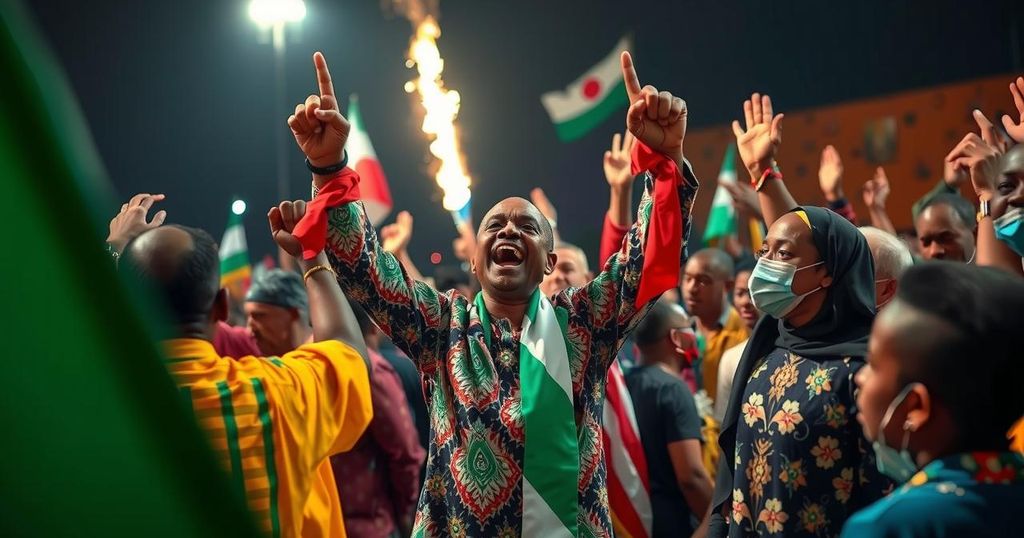Abdullahi Elected President: A New Chapter for Somaliland

Abdirahman Mohamed Abdullahi, known as Irro, triumphed in the Somaliland presidential election, winning about 64 percent of the vote against incumbent Muse Bihi Abdi. The election was delayed for two years and signifies a crucial step in regional aspirations for international recognition. Despite its claims of independence, Somaliland remains unrecognized globally, but is exploring opportunities through a deal with Ethiopia.
Abdirahman Mohamed Abdullahi, popularly known as Irro, has emerged victorious in the presidential election of Somaliland, a self-declared independent region of Somalia. Leading the Waddani Party, Abdullahi secured approximately 64 percent of the vote, decisively overcoming incumbent President Muse Bihi Abdi of the Kulmiye Party, who garnered around 35 percent. This election, which took place after a two-year delay due to funding issues, highlighted the desire of both candidates to revive the struggling economy and pursue international recognition for Somaliland. Since declaring independence in 1991 amidst Somalia’s turmoil, Somaliland has established a stable political framework, distinguishing itself markedly from the ongoing conflicts in Somalia. Presenting its own governance structures, currency, and security apparatus, Somaliland remains unrecognized internationally, limiting its economic and travel prospects. Nonetheless, the local government is optimistic about a recent deal with Ethiopia that could provide the region with access to international waters and increase its chances of gaining international acknowledgment. While tensions around this agreement have escalated regional hostilities and led to Somalia aligning more closely with Ethiopia’s adversaries, there is cautious optimism that the new U.S. administration may reevaluate its stance on Somaliland, given the backing from several former U.S. State Department officials in support of its recognition.
Somaliland, a region that declared independence from Somalia in 1991, has evolved into a peaceful and stable area with its own governing systems, despite lacking global recognition. The recent presidential elections serve as a critical moment for its push towards international status. This election comes on the heels of increasing regional geopolitical tensions, particularly concerning a new agreement with Ethiopia for sea access, which has sparked controversies related to Somalia’s sovereignty. With a bipolar relationship between the neighboring countries and fluctuating international support, Somaliland’s quest for recognition remains a pivotal issue.
In conclusion, the election of Abdullahi as the new president of Somaliland marks a significant shift in the region’s political landscape, focusing on economic revival and global recognition. The ongoing developments surrounding Somaliland’s governance and its geopolitical dealings, especially with Ethiopia, will be instrumental in shaping its future potential for international legitimacy. The hope for an improved relationship with the U.S. under a new administration presents both challenges and opportunities for Somaliland’s aspirations.
Original Source: www.aljazeera.com







